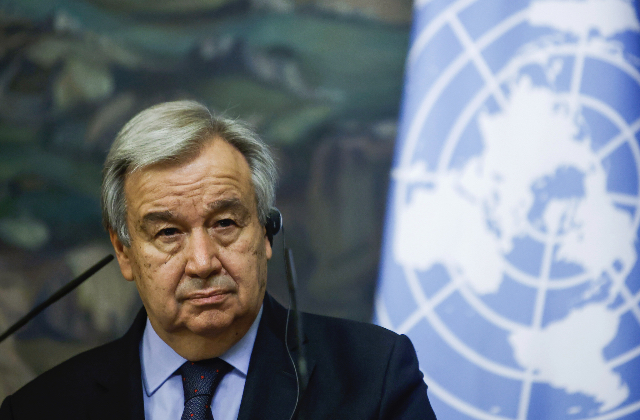“This session n is an opportunity for diplomacy chiefs of different countries to meet and hold consultations with their counterparts as well as other participating dignitaries as a large number of authorities of various countries come together under one roof at a certain point in time which they can use to boost their alliances and coalitions and also air their grievances,” said Amirali Abolfat’h, an expert on international affairs.
He also touched upon Iranian Foreign Minister Hossein Amirabdollahian’s plan to attend the UN General Assembly session as well as the meetings he is scheduled to have on the sidelines of the event.
“This session is a good opportunity for officials and foreign ministers of different countries to learn about the viewpoints of the new Iranian administration and foreign minister,” he explained.
Asked how Iran can use the UN session as an opportunity to present the points of view of the thirteenth administration, the expert replied, “Traditionally, foreign ministers of different countries take part in the annual session of the UN General Assembly, and sit down with their opposite numbers on the fringes of the event.”
“Generally, on the sidelines of this session, friends and rivals meet each other and share views on the latest bilateral, regional and international developments and try to bridge their differences,” he added.
He said Amirabdollahian’s trip to New York as Iran’s foreign minister to attend the UN General Assembly meeting is a routine visit.
“Moreover, the Iranian foreign minister and president have changed after eight years, and this session will serve as an opportunity for representatives from different countries, including rivals, allies and partners, to get familiar with the viewpoints of the new Iranian administration and the country’s foreign minister, and this is an opportunity which Iran should also seize to elaborate on its positions and views in line with securing the Iranian nation’s interests,” he said.
However, he said, the UN is playing a key role in leading efforts to provide humanitarian aid to Afghans, and called on the international community to engage with the Taliban due to the unclear situation in the country.
Guterres further added US President Joe Biden’s commitment to global action on climate, including rejoining the 2015 Paris Climate Agreement that former president Donald Trump withdrew from, is probably “the most important” action he could take.
He also expressed regret over the failure of countries to work together to tackle global warming and ensure that people in every country are vaccinated.
He once again urged the world’s 20 major economic powers in the G20, who failed to take united action against COVID-19 in early 2020, to create the conditions for a global vaccination plan.
Guterres also said the divide between developed countries in the north and developing countries in the south “is very dangerous for global security”, adding that “it’s very dangerous for the capacity to bring the world together to fight climate change”.
